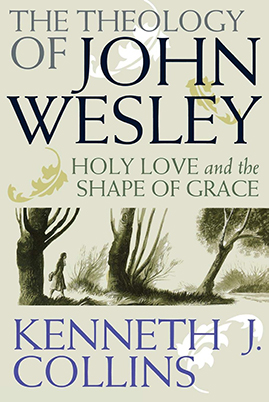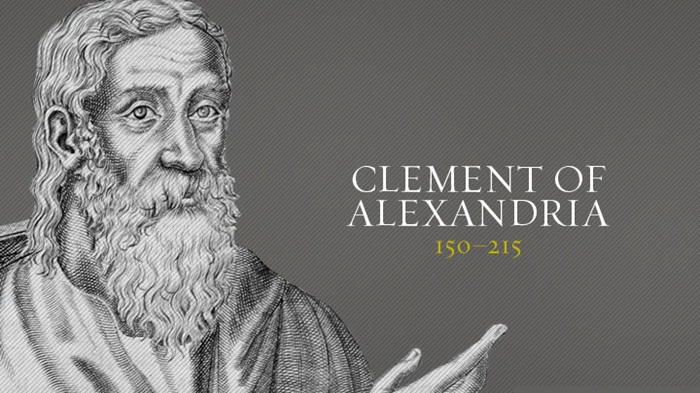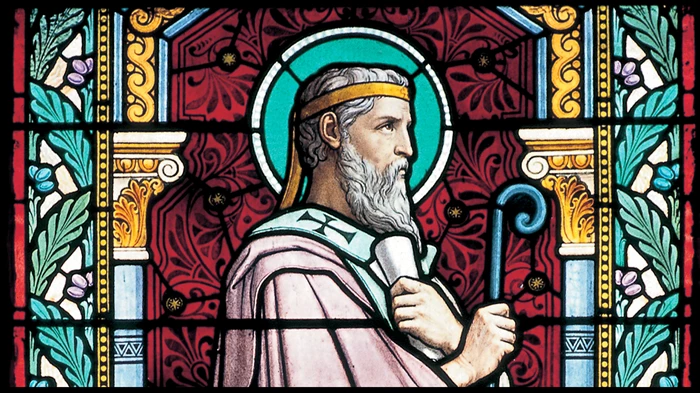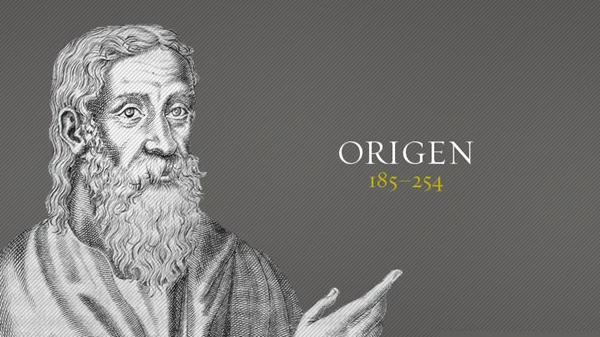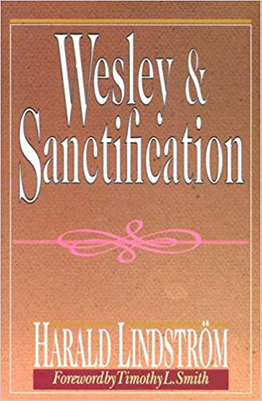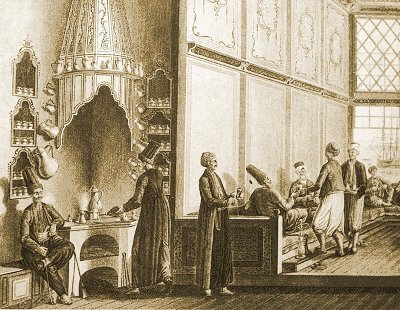In his book The Theology of John Wesley: Holy Love and the Shape of Grace, Kenneth J. Collins offers a profound study of John Wesley’s theology through a systematic framework. In a dialogue with Albert Outler’s “A New Future” and Randy Maddox’s Responsible Grace, Collins proposes “holy love” – Holiness and grace – as the “axial theme” in Wesley’s theology. The author shows other binaries in Wesley’s thought, such as “work of God alone/synergism” and “instantaneous/process,” in order to highlight the conjunctive character of Wesley’s theology.
Collins begins his book with an examination of the doctrine of God in the Wesleyan theology. In the following chapters, depending on his systematic approach, the author presents a perspective on Wesley’s anthropology, Christology, pneumatology, soteriology, and ecclesiology. At the close of each chapter, Collins examines Wesley’s thoughts in respect of contemporary issues. In the anthropological section, Collins offers a very insightful discussion on “prevenient grace” in Wesley’s thought, in which he compares Wesley, Arminius, John Cassian, and Augustine regarding original sin and free will. Collins shows how “prevenient grace” bridges the gap between total depravity and free will in Wesley’s thought, through enabling sinners to accept or refuse the Gospel, thus it represents the only kind of “irresistible grace” in the Wesleyan theology.
Furthermore, in the pneumatological and soteriological sections, Collins differentiates between terminologies used in the Wesleyan studies, such as acceptance and justification, faith of servant in its broad and narrow usage within Wesley’s writings. In the ecclesiastical section, Collins, in consistence with Maddox’s Responsible Grace, highlights the “receptionist” understanding in the Wesleyan Eucharistic thought, in which “the Spirit brings Christ to us, expressing the grace and love of God towards us through the means of bread and wine.”
Although there is no doubt that Collins’ text is an outstanding work, a few suggestions could be provided here in order to improve future editions. Collins’ discussion on the gifts of the Spirit in Wesley’s thought tends to depict Wesley as cessationist – such claim needs further discussion, especially in the light of Wesley’s letter to Conyers Middleton dated 4 July, 1749. In addition, on page 150, the word “Vincent” must be replaced by “Vinson” in Collins’ reference to Dr. Vinson Synan.


